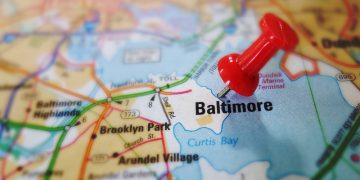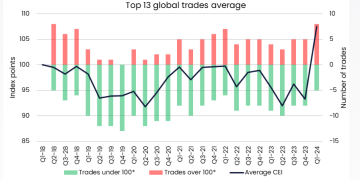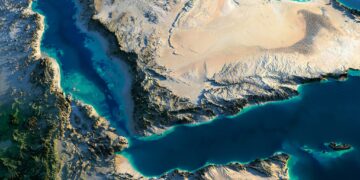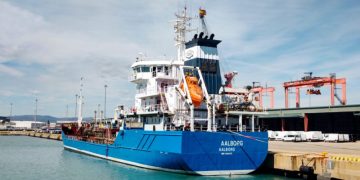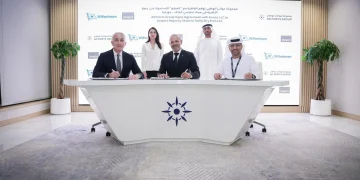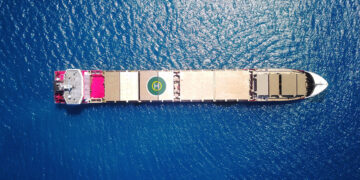Ballast water is considered one of the greatest threats to our planet’s biodiversity, a dangerously efficient medium for spreading invasive species that can wreak havoc on aquatic habitats. Along with the growth in global shipping, the invasion process has been picking up steam in recent decades, as have efforts to stem this destructive tide.
Ever since the arrival of steel-hulled vessels in the 1880s, the practice of taking on tonnes of ballast water from one port and releasing it in another has been the norm in the shipping business. Scientists recognized very early on that organisms hitchhiking in the ballast water were establishing themselves in their new ports of call, but it was only in the 1970s that the negative impact of these invaders came under widespread scrutiny.
Nowadays dramatic examples of the devastation caused by ballast water-related invasions are all too easy to find.
In 1988, a transatlantic freighter unloading its ballast water in Lake St. Clair between the US and Canada introduced the zebra mussel, a native of the Caspian and Black Sea. These newcomers spread explosively throughout the Great Lakes over the following decade, clogging the intake pipes of municipal water utilities and power plants, pushing out many native species and putting a damper on tourism. The resulting economic damage has been estimated at over USD5 billion.
Ballast water was also the culprit in a deadly cholera outbreak in Peru in the 1990s. It has triggered blooms of toxic algae in Australia and infected the waterways of Europe and North America with the Chinese mitten crab, a creature that causes erosion and embankment damage through burrowing.
Such high-profile cases are, of course, only part of the story.
Exponential growth
According to Dr. Gregory Ruiz, head of the Marine Invasions Lab at the Smithsonian Environmental Research Center near Washington, D.C., scientists have identified about 450 non-native species that have been introduced to the waters of the US and Canada over the past 200 years. A “substantial” number of those, he says, can be attributed to ballast.
What’s especially worrying is the invasion growth curve. “It’s not linear, it’s increasing exponentially,” Ruiz said. Of the 450 species invasions mentioned, 99 have occurred in the past 30-year interval, three-quarters of those attributed solely to shipping, i.e., transported either by ballast water or through hull fouling, another major invasion mechanism.
Research undertaken in Europe, Australia and New Zealand shows similar rates of invasion. Ruiz said that there haven’t been enough studies in other regions, notably the high sea-traffic zones of Asia and the Panama Canal, to draw any conclusions about effects there, but there’s no reason to believe the global picture is any rosier.
Unknown risks
There’s a disconcerting number of unknowns when it comes to ballast water-related invasions, as the process is simply too widespread and complex for scientific study to keep pace. Even in well-researched regions like North America, scientists can never know how many invasive species may have gone undetected. And for the invaders that have been detected, it’s difficult to gauge what dangers they pose.
“For most non-native species that are invading, we don’t know what their effects are. It doesn’t mean that they don’t have effects, it means nobody has really evaluated them sufficiently to understand what they may or may not be.”
That leaves a large potential to be caught off guard. “Most people are looking at the big. conspicuous things, but even small things can have a big effect,” Ruiz says, citing the example of a parasite introduced into Chesapeake Bay in the 1950s that ravaged the local oyster industry.
What is known is that, if the situation continues, further harm is inevitable. “It’s basically a certainty that some of those species that come in will cause damage, will effect fisheries, will increase erosion, will cause diseases and die-offs, and that has cascading effects on ecosystem function in terms of energy flow, food webs and nutrient processing.”
Source: Wartsila




